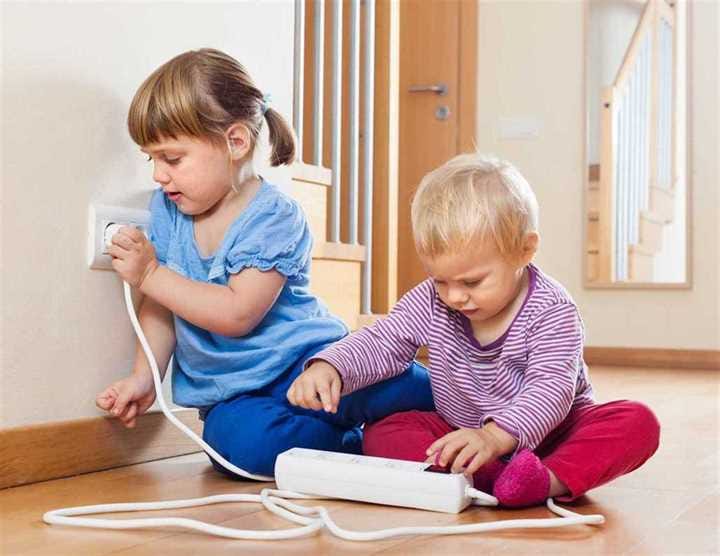

Outlets and plugs are probably the sources of electricity you interact with the most. You should never unplug a plug by the cord, lest it begin to fray or breaks; unplug from the plug itself. Your home should have three-pronged outlets; don’t bypass or remove the third prong, because it grounds the electricity in the case of a short. Avoid running cords under carpets, and avoid using frayed or damaged cords. Never use electrical outlets when your hands are wet, around water, or when the outlets or plugs are wet.
There are some tips for your electrical gadgets, too. They should, of course, not be used near water. That includes gadgets you might use outside; when using a lawn mower or weed whacker, you want to wait until it’s dry out, and your lawn isn’t too moist. When an electrical device like a toaster is jammed, or you want to manipulate it, unplug it first; don’t mess around with the circuitry of an electrical gadget. Keep things unplugged when you’re not using them; not only does this reduce the chances of accidents, it also lowers your electric bill by lowering the number of devices using standby (vampire) power.
Folks with old fuse boxes should know a few fuse safety tips. You want to disconnect and turn off any items connected to a circuit before replacing that circuit’s fuse; that advice is practical if you have a non-fuse breaker, too. Use a fuse with the same rating as the one you’re replacing, and make sure you have good lighting when you replace the fuse; use a flashlight if necessary. Loose fuses are prone to overheating, so make sure the fuse is nice and snug.
When it comes to working on the wiring and circuits in your home, the safest thing to do is hire a professional; it’s one of the most dangerous things in your house. Winnipeg electrical contractors can come in on an emergency basis to help you out, and are available to schedule for bigger jobs; don’t risk life and limb to do work you’re not adept at. Electrical contractors are also going to do a better job; they’re experts who will ensure that your electric work meets bylaw requirements.